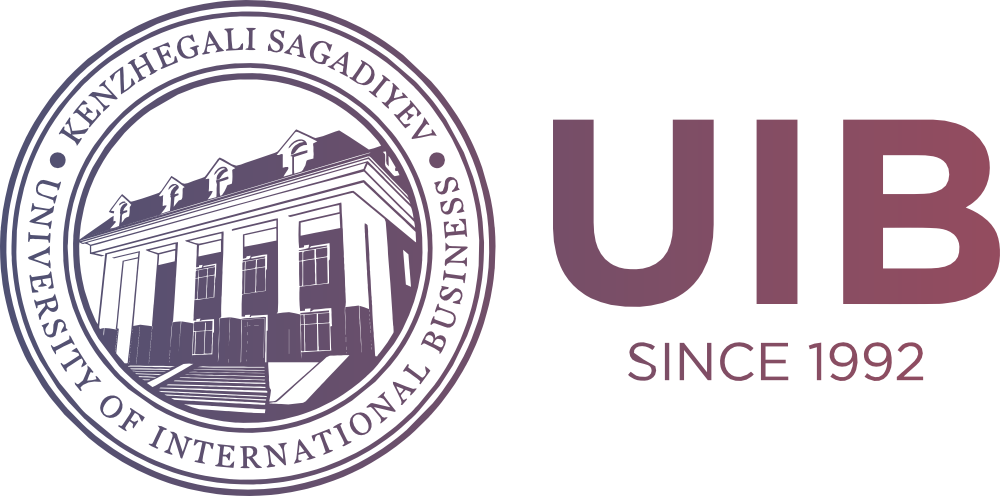The Role of Energy Intensity and Investment in Reducing Emissions in Türkiye
DOI:
https://doi.org/10.47703/ejebs.v68i3.426Keywords:
Energy Intensity, Emissions, Sustainable Development, Green Energy, Economic Growth, Green Economy, Fuel Export, TurkeyAbstract
Addressing the challenge of rising carbon dioxide (CO2) and greenhouse gas (GHG) emissions is a critical priority in global efforts to combat climate change. The primary aim is to assess the relationship between energy intensity, private investments in energy, renewable energy consumption, export-related factors, and their influence on CO2 and GHG emissions in Turkey. The study employs a multi-level approach using correlation and regression analyses to explore the impact of the selected variables. A Bayesian correlation analysis was conducted to evaluate the strength of relationships between variables, and a regression model was used to test the significance of each factor. Data were gathered from official sources on energy intensity, renewable energy consumption, private investments in energy, and export-related variables in Turkey from 2007 to 2022. The study employed the JASP statistical software. The analysis showed that energy intensity and private energy investments are the most significant predictors of CO2 and GHG emissions. Energy intensity exhibited a strong negative correlation with CO2 emissions per capita (r = -0.717, BF₁₀ = 10.456) and GHG emissions (r = -0.802, BF₁₀ = 44.224), highlighting the critical role of energy efficiency in reducing emissions. Renewable energy consumption also played a role, though its influence was less pronounced than energy efficiency and investment. Based on the findings, it is recommended that policymakers prioritize energy efficiency improvements and create incentives for private investment in renewable energy technologies. Future studies should focus on sector-specific energy efficiency improvements and policy frameworks to enhance private sector engagement in clean energy initiatives.
Downloads
How to Cite
Downloads
Published
Issue
Section
License

This work is licensed under a Creative Commons Attribution 4.0 International License.
Authors retain copyright and grant the journal right of first publication with the work simultaneously licensed under a Creative Commons Attribution (CC-BY) 4.0 License that allows others to share the work with an acknowledgment of the work’s authorship and initial publication in this journal.



